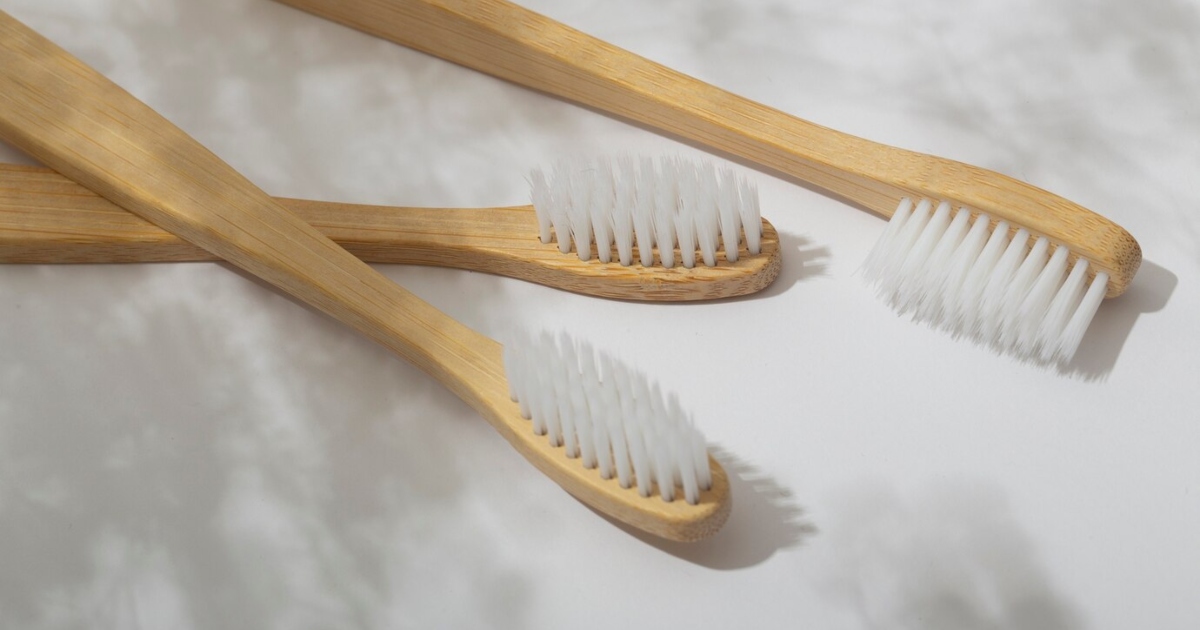From the very first gummy grin of an infant to the proud smile of a senior showcasing their lifetime of dental history, our teeth and the health of our oral cavity play a pivotal role not just aesthetically, but functionally. Proper oral care is essential to ensure that our teeth, gums, and entire mouth remain in top condition.
Beyond the basics, what does it genuinely take to maintain that dazzling, healthy smile? Oral hygiene is more than just the prevention of cavities. It’s about staving off gum diseases, ensuring the longevity of teeth, preventing bad breath, and even keeping at bay certain health problems that might arise due to poor oral health.
A study even suggested that the health of our mouth could reflect the health of our body. For instance, gum diseases have been linked to a host of issues such as heart diseases, diabetes, and premature birth. Hence, it is no exaggeration to say that a little investment in our oral care routine can go a long way in ensuring overall well-being.
So in this article we have compiled a list of some of the most important tips for proper oral care. Let’s get to it!
Follow consistent and correct brushing techniques
Firstly, it is very important to follow certain brushing techniques when you’re brushing your teeth. Dentists universally recommend brushing at least twice a day, preferably in the morning and before bedtime. This helps to remove the daily accumulation of plaque and bacteria.
And as for technique, hold your brush at a 45-degree angle to the gums and employ short back-and-forth strokes. Be gentle, as rigorous brushing can erode enamel and harm the gums. Make sure to brush all surfaces – the outer, inner, and the chewing surfaces.
Generally dentists recommend to opt for a soft-bristled brush. And make sure to replace it every three to four months or sooner if the bristles fray.
Floss every day
While many people brush regularly, flossing often gets neglected. However, flossing can remove food particles and bacterial film that brushing alone might miss. Therefore aim to floss once daily.
Proper flossing technique is crucial. Use a piece of floss 18 inches long, grip it tightly between thumbs and forefingers, and slide it gently up-and-down between the teeth. Curve the floss around each tooth’s base, ensuring you go beneath the gum line.
Mouthwash is more than just fresh breath
Mouthwashes, or oral rinses, can act as an adjunct to brushing and flossing. They help reduce plaque, freshen the breath, and can help to kill harmful bacteria that might be lingering around.
Opt for a therapeutic mouthwash rather than just a cosmetic one. While cosmetic rinses only mask bad breath, therapeutic ones contain active ingredients targeting plaque, reducing the rate at which tartar develops, or fighting bad bacteria.
Go to regular dental check-ups and cleanings
Even with impeccable oral hygiene, it’s essential to visit a dentist every six months for a check-up and professional cleaning. These visits can catch potential problems early, such as cavities, gum diseases, or oral cancer.
Regular cleanings by a dentist or dental hygienist will help to remove tartar (hardened plaque) that brushing or flossing at home just can’t tackle.
Maintain a balanced diet
Consume a balanced diet with plenty of fruits, vegetables, lean protein, and whole grains. Limit sugary beverages and snacks because bacteria in the mouth convert sugars into acids, leading to tooth decay.
If you must snack, choose healthy alternatives like raw vegetables, fruits, or plain yogurt. Rinse your mouth with water after consuming any acidic or sugary foods.
Taking care of your teeth is taking care of your health
The mouth, often considered the gateway to the body, is a reflection of our overall health and well-being. Its significance extends far beyond the aesthetics of a gleaming smile or the functional aspect of chewing and speaking. Maintaining a healthy mouth is intricately tied to sustaining overall physical health, mental well-being, and quality of life.
Poor oral health doesn’t just culminate in cavities or gum diseases – it can be a precursor to more severe health concerns. Conditions in the mouth can be indicative of systemic diseases, such as diabetes or autoimmune disorders.
There’s also a socio-economic dimension. Individuals with poor oral health often face higher dental treatment costs and might even suffer from employment setbacks due to compromised aesthetics or dental-related sick days. Therefore, prioritizing oral care is not merely about preventing tooth decay. It’s a holistic approach to safeguarding our overall health, confidence, and well-being.
Brush, floss, shine – your smile’s lifeline!
Check out our other articles about life tips:
Take care and stay healthy!

